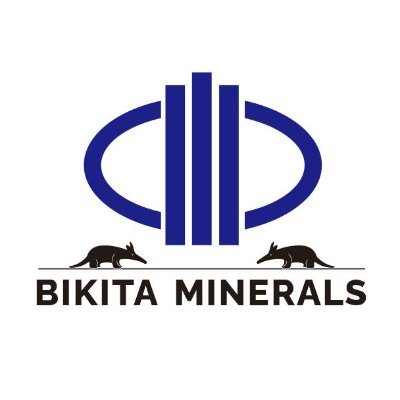Sinomine-owned Bikita Minerals, the country’s largest lithium producer, has suspended the operations of its key contractors due to challenges in the lithium market and rising operational costs in Zimbabwe, Mining Zimbabwe can report.
By Rudairo Mapuranga
In a notice, the lithium miner announced the suspension of key mining contractors, with the Dense Media Separation (DMS) plant set to shut down starting this month due to lithium market challenges.
According to the notice, mining contractors Hocean, Kinsey, Anxin, and KW have been affected. Hocean, Kinsey, and KW completely halted operations as of September 30, 2024, while Anxin will scale down production, withdrawing personnel and equipment to align with reduced tonnages.
“Stripping and blasting service providers, Hocean, Kinsey, Anxin, and KW, will adjust operations. Due to lithium market factors, the DMS plant will be shut down from October 2024, and the following contractors will make adjustments based on production needs:
- Kinsey, Hocean, and KW will cease mining operations as of 30/09/2024.
- Anxin will reduce production and withdraw personnel and equipment to fit the lower tonnages.
The resumption of production will be announced by Bikita’s Mining Department,” the notice reads.
On Monday, Bikita Minerals warned the Parliamentary Portfolio Committee on Mines and Mining Development about the potential shutdown of the mine due to operational challenges caused by high taxes, energy costs, and logistical expenses.
During the committee’s visit, Bikita Minerals’ General Manager, Xuedong Gong, emphasized the severe impact of falling commodity prices, particularly lithium, which has plummeted by approximately 90%. Combined with rising costs, this has placed significant financial strain on the company.
“The lithium price has dropped dramatically since the end of last year—a 90% reduction. The current price is only 10% of what it was at its peak. As a result, Bikita Minerals is now losing money,” Gong said.
Sinomine acquired Bikita Minerals in 2022 for US$180 million, and in just over two and a half years, the company has injected an additional US$200 million into upgrading and expanding the mine’s infrastructure. The company increased the processing plant’s handling capacity from 700,000 tonnes per year to a staggering 4 million tonnes per year, nearly a fivefold increase.
This expansion included the construction of two complex processing plants, one of which is a flotation processing plant, and the installation of a new Dense Media Separation (DMS) plant. Before the acquisition, Bikita Minerals had only a small DMS plant with a 700,000-tonne capacity. That capacity has now been increased to nearly 2 million tonnes annually. Together with the 2 million tonnes for flotation processing, the total handling capacity now sits at almost 4 million tonnes per year.
Bikita Minerals currently focuses on mining lithium in the form of spodumene, petalite, and lepidolite. However, while the mine has substantial reserves of lepidolite, there is no viable technology at present to process the mineral efficiently.
Despite these challenges, Bikita Minerals is achieving impressive results with its lithium spodumene concentrate. The current grades, with a cutoff of 0.5% lithium oxide (Li₂O), average around 1.8%. The spodumene concentrate itself achieves grades of 5.5% to 6% Li₂O, making it highly competitive in the global market.
In 2023, the government warned it would soon ban the export of lithium concentrates to push companies to process lithium carbonates, which is a step forward in value addition. This regulatory shift aims to enhance local processing capabilities and maximize the economic benefits of lithium extraction within the country. Bikita Minerals has announced plans to invest around US$0.5 billion in a lithium sulphide plant.
The planned lithium sulphide plant is expected to not only add value to the extracted raw materials but also position Zimbabwe as a serious contender in the production of battery-grade lithium. This aligns with the government’s push for value addition and beneficiation, which aims to transform the country from being a raw material exporter to a producer of high-value products in the global lithium value chain.




